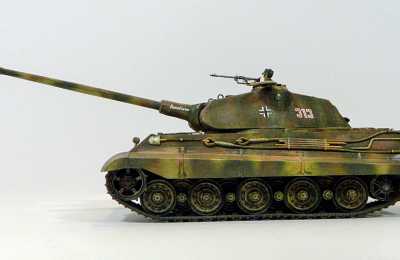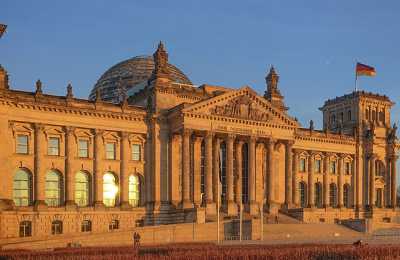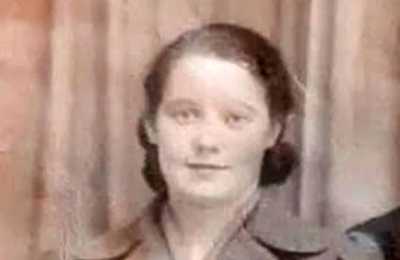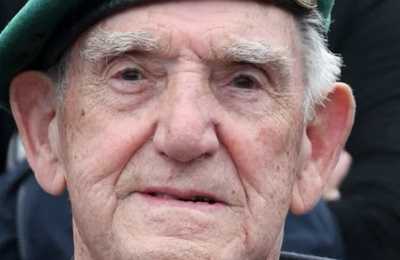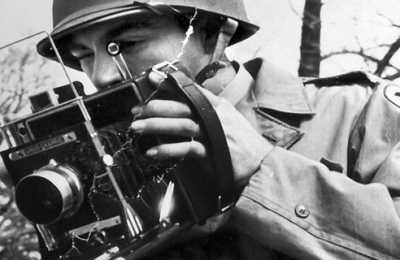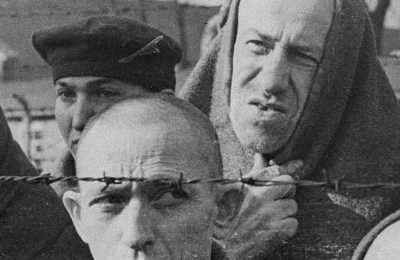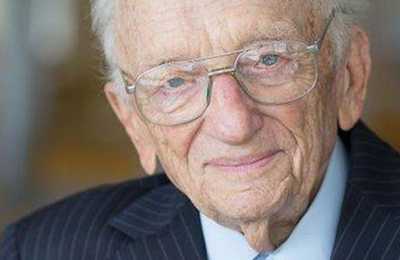The Walter Frentz Collection






The Walter Frentz Collection is a website displaying over 5.000 images and photographs of the vast collection of German cameraman Walter Frentz. We must not forget that the photographs were taken with a positive attitude towards the Nazi regime and that they hide almost all crimes of the Third Reich. However, we must also see these images as very important recorded visual testimonies for historical research. Walter Frentz was a witness and an observer of extraordinary historical events from the beginning of Hitler's dictatorship, the rise and fall of the Nazis and the political views to the collapse of the Third Reich in Berlin 1945.
Walter Frentz was born on August 21, 1907 in Heilbronn, Germany. He was a film producer and photographer (a pioneer of color photography) and was involved in the photographic propaganda of Nazi Germany. During this dictatorial regime, Walter Frentz worked as a cameraman from 1939 to 1945. He photographed and filmed the daily activities of Adolf Hitler and other Nazi leaders including their families and visiting guests.
From 1933 to 1936, Walter Frentz was the cameraman responsible for documenting the three NSDAP party rallies and worked on Leni Riefenstahl's film Olympia. Olympia is a black and white film about the 1936 Olympic Games in Berlin. The film consists of two parts: "Fest der Völker" (Feast of the Nations) and "Fest der Schönheit" (Feast of Beauty).
Nevertheless Walter Frentz had a hard time finding new camera work even after the success as the cameraman for Riefenstahl. So in 1938 Frentz decided to join the Luftwaffe to become a Luftwaffe photographer. Around the begining of 1940, he was promoted to first Leutnant and in 1942 was once again promoted to Oberleutnant.
He was sent to Vienna Austria on March 13, 1938, to document Hitler's return after the "Anschluss" (the German annexation of Austria into a Greater Germany). On August 23, 1939 he recorded Foreign Minister Joachim von Ribbentrop's trip to Moscow for the Molotov - Ribbentrop pact, a non-aggression pact between Nazi Germany and the Soviet Union. When the French surrendered in 1940, after the German invasion of France, he was called upon to film the signing of the armistice in the forest of Compiègne. From 1939 to 1945 Frentz was Adolf Hitler's personal photographer.
In addition to his professional film work, Frentz also took thousands of photographs of events he encountered and of high ranking Nazi officials. His trips were mostly military assignments, but he was not a war correspondent. You rarely see war damage of occupied countries in his photographs. The horror of the murderous Nazi regime of extermination in camps in the east of Europe is left out completely.
During the last days of the Reich, when Hitler was forced to retreat to his Berlin bunker, Frentz was accompanied him. There he took the last pictures of the Führer. They show Hitler, on March 20, 1945, talking to young boys of the Volksturm (German Home Guard). Frentz managed to leave Berlin in time. On 25 April 1945, he reported to his superiors at Obersalzberg and was arrested. He fell into the hands of the Americans and spent a few months in the American Prisoner Of War camp at Hammelburg before being sent home in 1946.
After the war
Walter Frentz married painter and artist Edeltrude Esser in 1949. Ms Esser was a widow and had four children from that marriage. Walter and Edeltrude had one more child. Walter passed away on July 6, 2004 in Überlingen am Bodensee, Germany. The Walter Frentz Collection website provides information about his life, his cinematic work and his photo archive.
All pictures on this blog post are used with kind permission of The Walter Frentz Collection.




